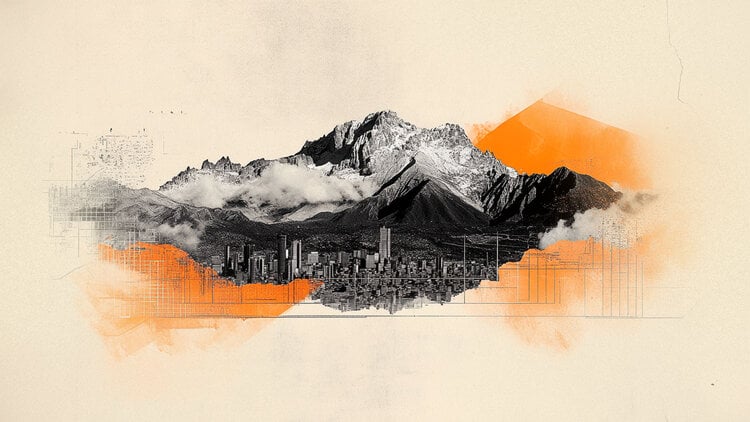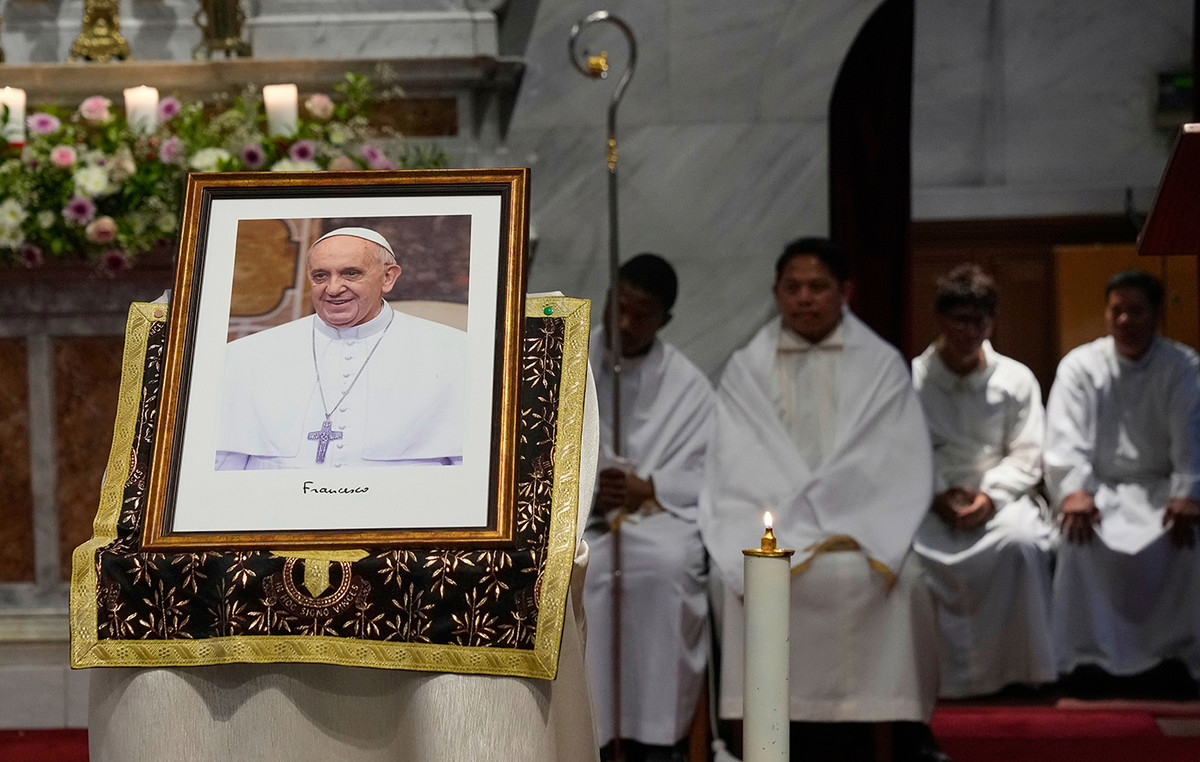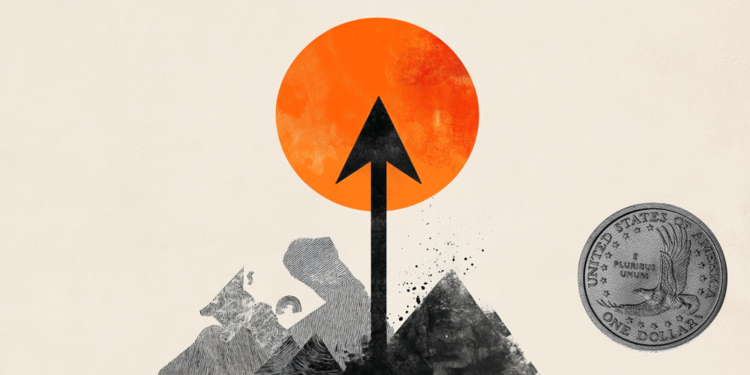Luis Ibañez Jimenez was on a highway in eastern Madrid when Spain was out of electricity.
“Suddenly there were no traffic lights,” he told CNN the resident of the capital. The cars were huddled and no one had a passage preference. “I was stopping so people could pass […]. I saw a huge bus coming and I had to accelerate a lot to overcome it, ”he said.” It was a kind of jungle. “
Jimenez had just witnessed how energy supply in his country was interrupted in a matter of seconds. The light turned out in cities, towns, airports and train stations; Computer screens and payment terminals were turned off in an instant. Confusion and concern spread throughout Spain and Portugal. And for employees from both countries, a race against sunset began.
It was a battle that neighboring nations would lose. A few hours would pass until the power supply was definitely restored; At dusk, families gathered in candlelight and exchanged anecdotes from a memorable Monday.
“It was definitely one of the strangest days of my life,” said Jimenez, 29, director of operations at a professional training company.
The blackout was disconcerting and a day later the cause is not yet known. In just five seconds, 15 gigawatts of energy were suddenly interrupted from the supply of Spanish electricity, they said CNN Spanish sources -equivalent to 60% of the electricity consumed at that time, and, as a result, the entire Spanish electricity grid collapsed.
The energy supply was practically restored on Tuesday in the morning, but the confusion is still spreading through Spain. “Investigation of causes continues,” said a government source. “All hypotheses remain open and more details will be known in the next few hours.”
Chaos, confusion and cash payments
Alanna Gladstone, 40 -year -old film editor, had landed in Lisbon, the capital of Portugal, on a flight from New York hours before the blackout. She registered on her airbnb and took a nap; When he woke up, the technology that the country gives for certain had turned off.
“I didn’t know what was going on,” said New York. He went out to look for supplies, with two euros and $ 10.
“There was a chaos and a frantic energy,” Gladstone told CNN . The supermarkets were closed, so the queues went down the street toward the fruit markets, where buyers received the information that they could not pay by card. ”
He spent a while before the Spanish and Portuguese understood the magnitude of what was happening. “People asked, ‘Is this a Russian attack? Is it an act of terrorism?’” Said Gladstone.
Ellie Kenny, a tourist at Humberto Delgado Airport of Lisbon, said hundreds of people were queuing in the dark, without air conditioning or running water. Stores only accepted money, he told the CNN .
Hours later, with the cut of light still in force and the workday near the end, people adapted to a new and strange reality. Police controlled traffic with manual signals. The main cities were congested and the sidewalks were full of people trying to find their way home.
Jimenez drove home carefully. “People were surprisingly kind and well coordinated,” he said. “But the whole city was blocked around 4 pm.” The trip, which usually lasts 30 minutes, lasted two hours.
Gladstone had another problem: she returned to the apartment with the purchase, but the electronic keyboards that allowed access to the building and the apartment not to work. After hitting the main entrance unsuccessfully, a neighbor found a way to enter his own apartment and received it.
The Madrid Firefighters performed hundreds of “elevators interventions” throughout the city on Monday (28), his emergency information office said; Members of the Spain Civil Guard took an elderly woman in a wheelchair to her apartment on the sixth floor, the agency said.
At dusk, with the sun setting and still without electricity in most of Spain and Portugal, misinformation spread over the internet and among people. “The rumors fired”, he told the CNN . The false theory circulated that all of Europe had been without electricity, and with intermittent access to the phone and the internet, it was impossible for many to verify if it was true.
Spanish government president Pedro Sánchez asked citizens to use the phones in a “responsible” manner, to make calls only when necessary and to be brief to relieve the load on the system.
At dusk, the alternative was to resort to friends. “People took the opportunity to ‘curl’ […] There were people drinking beer everywhere, ”drinking drinks until the battery of the card payment machines run out, said Jiménez.” All the terraces were full. “
In Lisbon, the lights light up around 10:30 pm, local time. By this time, Gladstone’s neighbors had already made friends. “We spent the night talking about life and how strange everything is,” she said. “They prepared food with a mag-man flashlight and we drink wine.”
“The kindness of strangers never ceases to surprise.”
This content was originally published on a day without electricity: this was the hours of darkness in Europe on the CNN Brazil website.
Source: CNN Brasil
Bruce Belcher is a seasoned author with over 5 years of experience in world news. He writes for online news websites and provides in-depth analysis on the world stock market. Bruce is known for his insightful perspectives and commitment to keeping the public informed.







